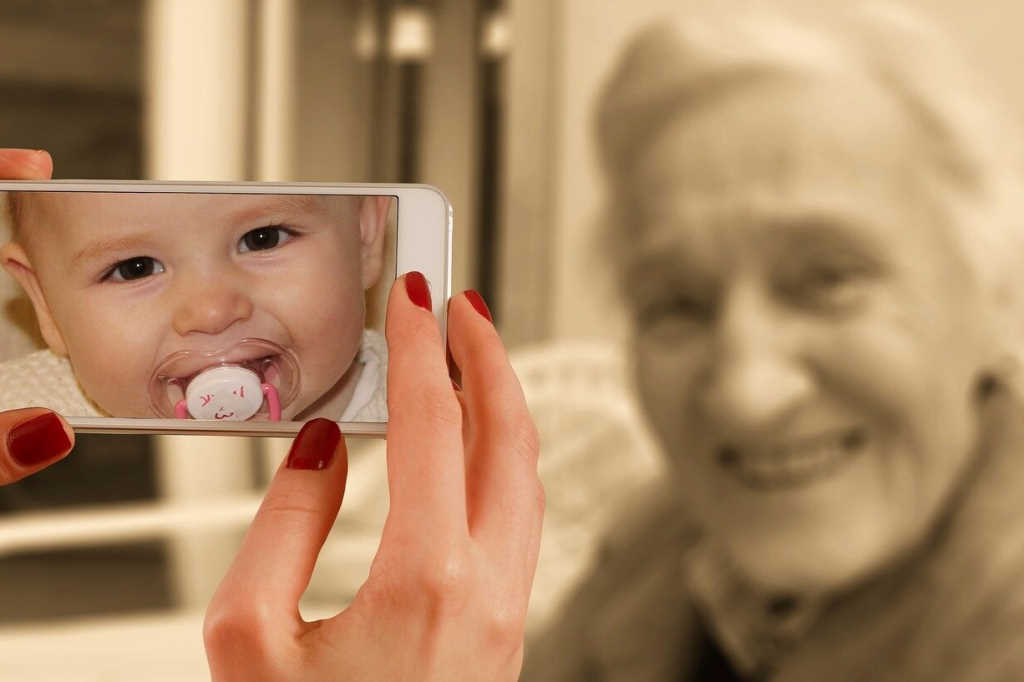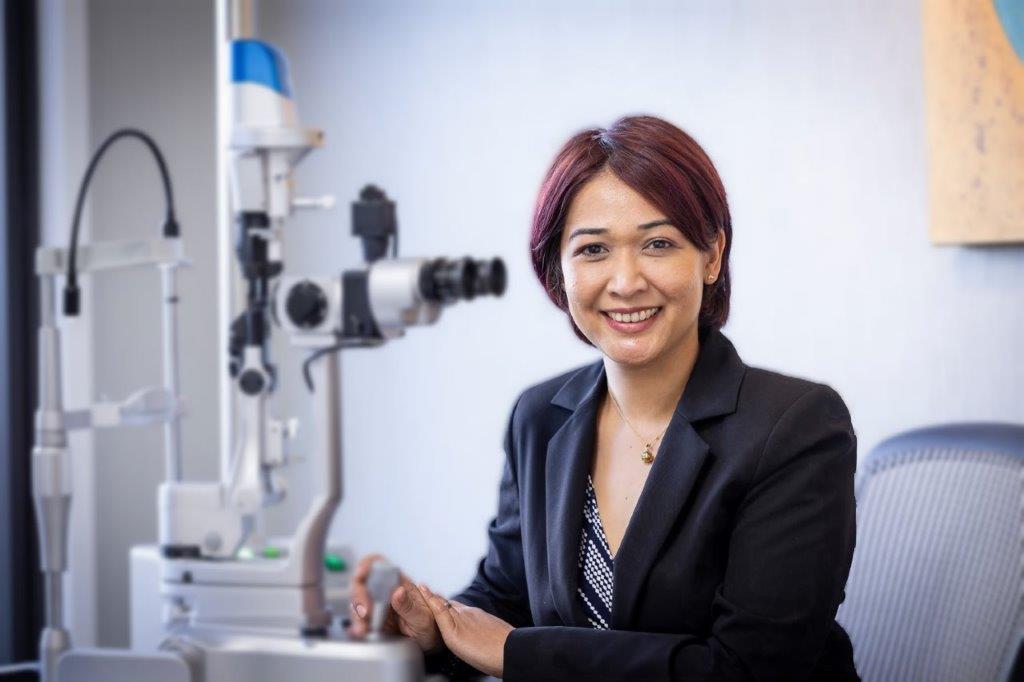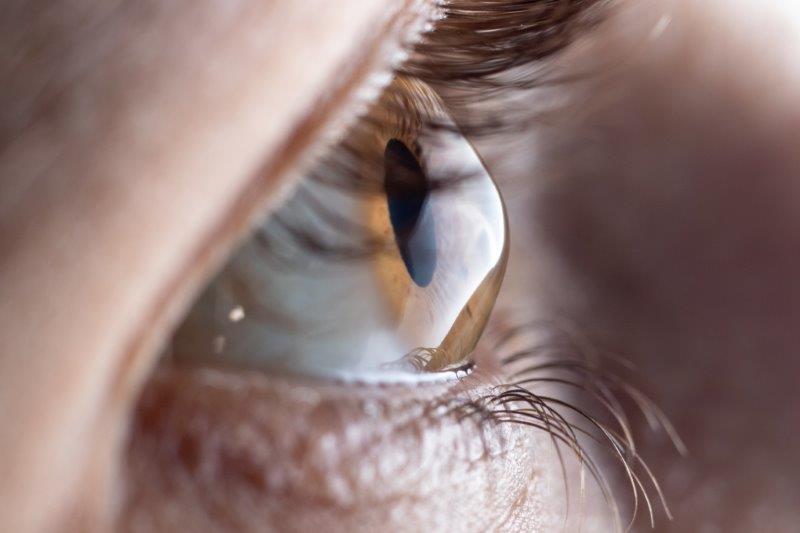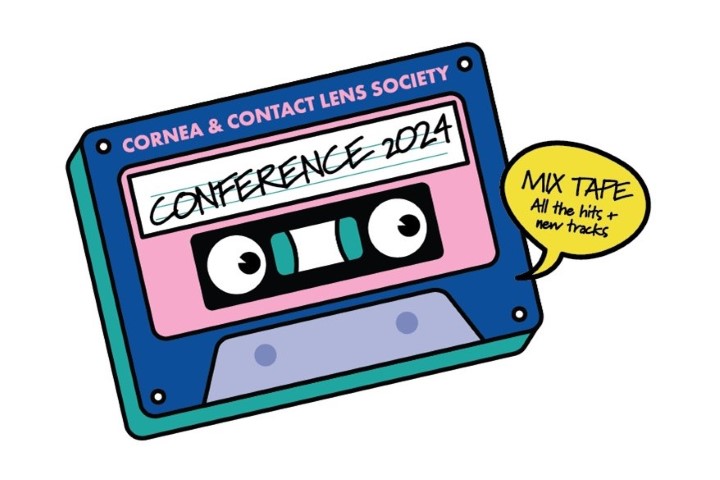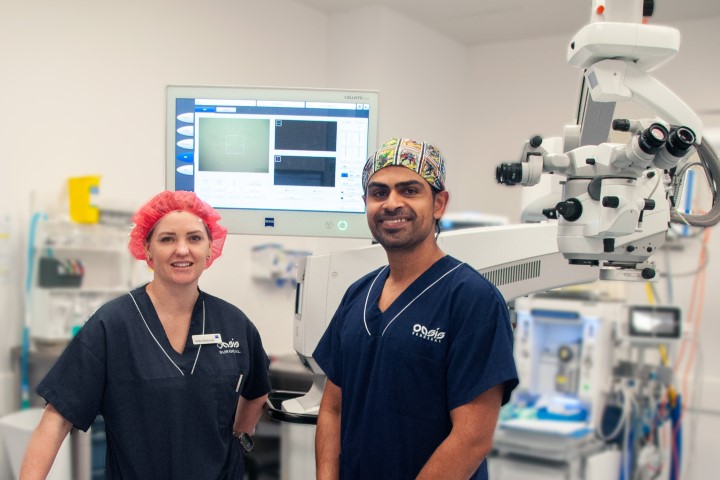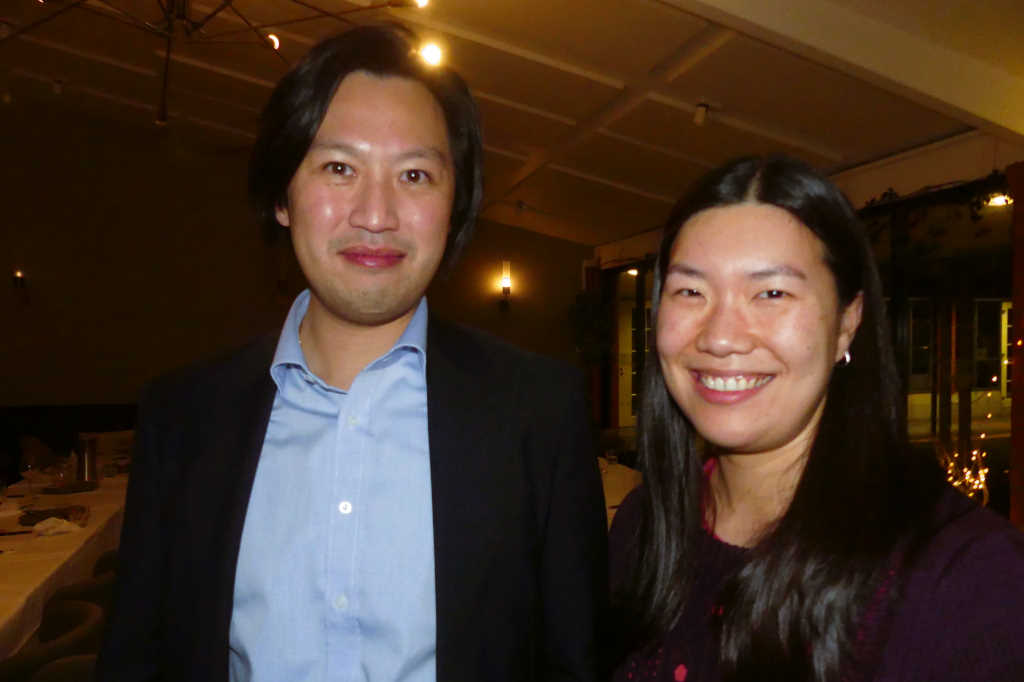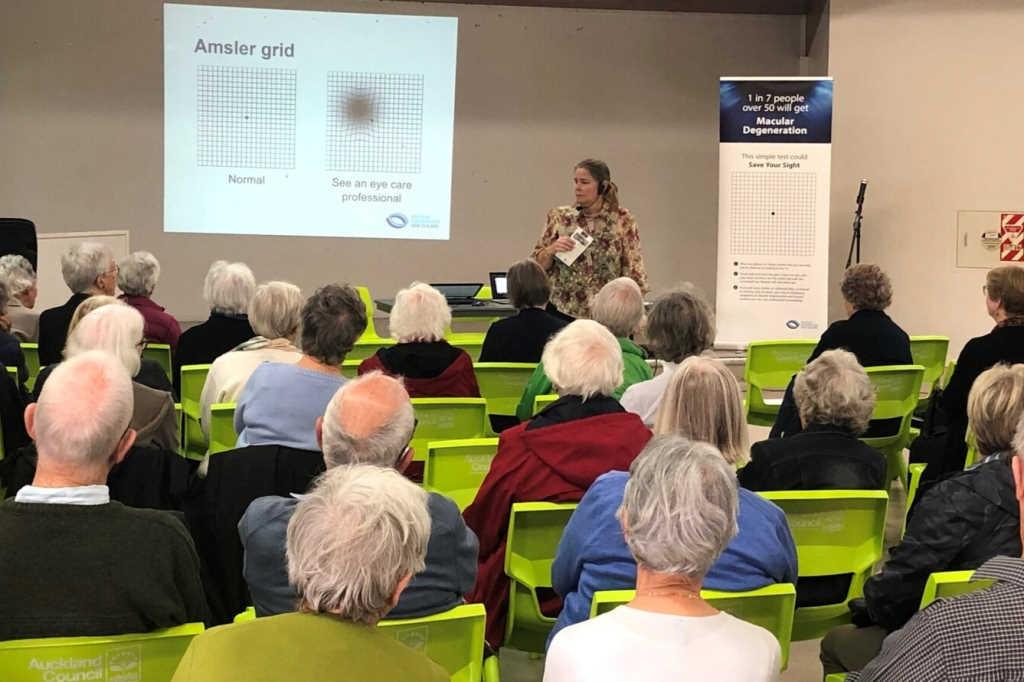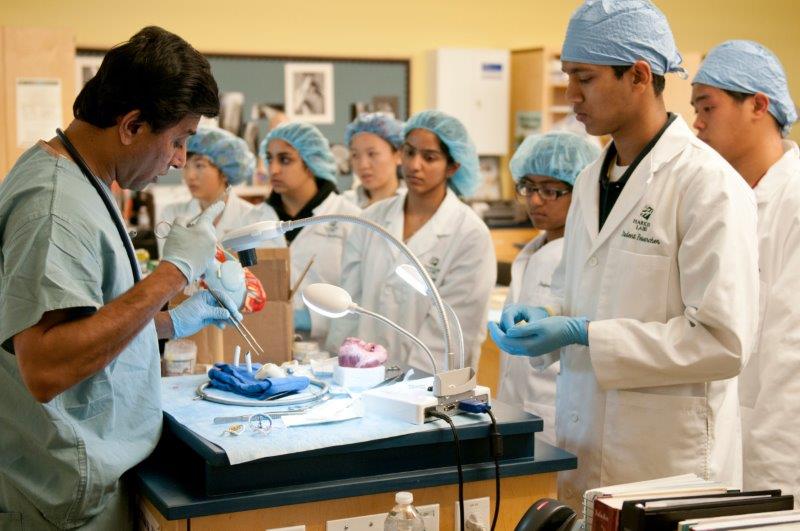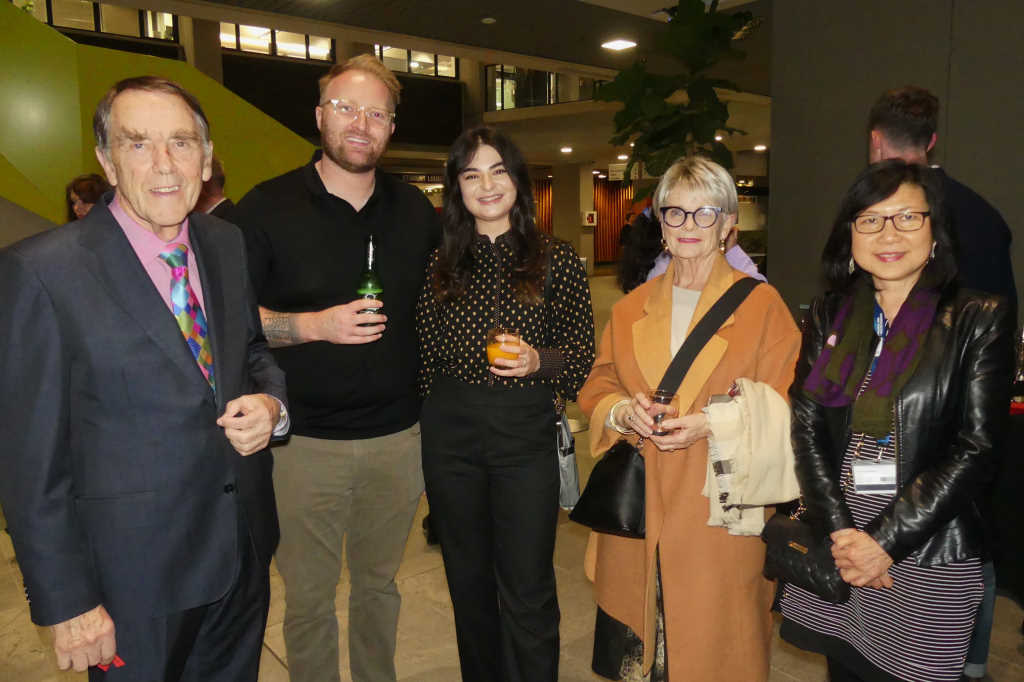Eyes reveal true age
Boston University medical researchers have discovered that a specialised eye scanner that accurately measures spectroscopic signals from proteins in the lens, can detect and track biological aging in living humans.
Chronological age does not adequately measure individual variation in the rate of biological aging, said co-author, Associate Professor Lee Goldstein. "The absence of clinical tools and metrics to quantitatively evaluate how each person is aging at the molecular level represents a major impediment to understanding aging and maximising health throughout life.
"The lens contains proteins that accumulate aging-related changes throughout life. These lens proteins provide a permanent record of each person's life history. Our eye scanner can decode this record of how a person is aging at the molecular level."
Researchers said they believe these results pave the way for a potentially transformative clinical tool for objective assessment and tracking of molecular aging in humans. "The framework for clinical implementation of this technology to measure molecular aging is similar to other recently adopted clinical biomarkers, including PET brain imaging for Alzheimer's disease, bone densitometry for osteoporosis and serum blood tests for diabetes mellitus," said A/Prof Goldstein.

A/Prof Lee Goldstein
“Eye scanning technology that probes lens protein affords a rapid, non-invasive, objective technique for direct measurement of molecular aging that can be easily, quickly, and safely implemented at the point of care. Such a metric affords potential for precision medical care across the lifespan."
The research team included investigators at Boston University College of Engineering and School of Public Health, Boston Children's Hospital, Massachusetts General Hospital, Harvard Medical School and the University of Washington, Seattle.
The study was published in the Journal of Gerontology: Biological Sciences.









